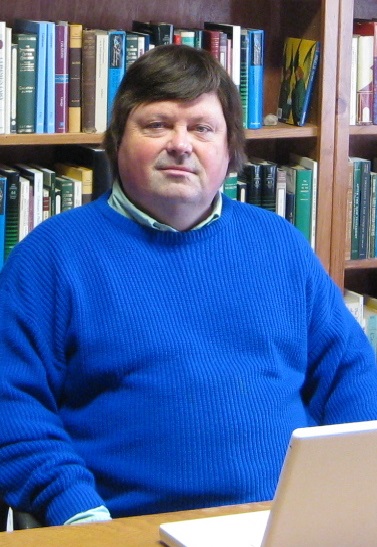
John Christopher Thomas is a Pentecostal who studies the Book of Mormon. He spoke at the Miller Eccles group on his new book “A Pentecostal Reads the Book of Mormon: A Literary and Theological Introduction.” Enjoy his fascinating insights in the 32nd Dialogue podcast.
From the Miller Eccles site: “Dr. Thomas (PhD, University of Sheffield) is Clarence J. Abbott Professor of Biblical Studies at the Pentecostal Theological Seminary in Cleveland, Tennessee, and Director of the Centre for Pentecostal and Charismatic Studies at Bangor University, in Bangor, Wales, UK. He also serves on the Editorial Advisory Board for the Journal of Book of Mormon Studies.
Perhaps we first read it while attending Seminary or Institute; perhaps we served a mission and used its contents in our proselytizing efforts. Most likely we have studied it every four years in Gospel Doctrine class and, of course, we have heard familiar passages lifted from it in Sacrament Meeting sermons, Priesthood and Relief Society lessons and General Conference talks. What we likely never have done is to view the Book of Mormon through the lenses of a Pentecostal theologian and scholar. In this lecture, New Testament scholar, John Christopher Thomas, offers a constructive, critical overview of his own reading of the Book of Mormon that focuses on some issues that often have been under-represented in the literature currently available.
Dr. Thomas will discuss the structure of the Book of Mormon as a groundwork for its interpretation; explore some of the major theological emphases that emerge from the book; provide a sampling of the book’s reception amongst followers and opponents alike; outline its impact in the areas of music and art, and even look at its disastrous interpretations. He will place the Book of Mormon and Pentecostalism into dialogue through historical analyses and theological comparisons. Finally, issues of origins will be explored by examining the earliest story of the book’s origins, identifying the major complications with this standard story, and proposing a taxonomy of various reading strategies in the light of these complications.


 All Episodes
All Episodes